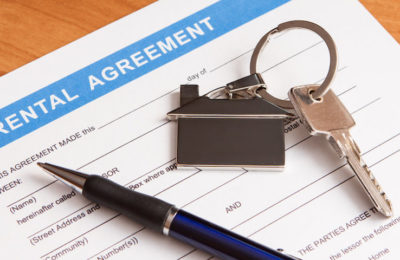According to the Financial Times, many landlords are facing penalties because they do not know the time limits for declaring Capital Gains Tax on buy to let and other properties.
Capital Gains Tax on Buy to Let?
Elsewhere, we’ve already written about how Capital Gains Tax rules have changed in regards to property. Before April 2020, you would have had up to 22 months to calculate, declare and pay CGT to the taxman.
Now however, you have had to complete a CGT return and pay over the tax within 60 days. While most landlords realise that they have to pay Capital Gains Tax on buy to let properties, comparatively few of them know about this time limit. Indeed, the Financial Times reports that there is a lack of awareness among conveyancers, estate agents and people selling property.
What’s the penalty for not paying CGT on time?
Back in the days of the COVID-19 pandemic, HMRC was deferring some taxes and being lenient about others. However, when it comes to Capital Gains Tax on buy to let and other properties, the taxman now seems to be enforcing the rules vigorously.
While there’s a good argument for HMRC to publicise the changes to the CGT system more widely, ignorance is no excuse for failing to declare and pay Capital Gains Tax within 60 days.
So what’s the penalty?
As always, there’s not a simple answer. If you file after the 60-day deadline, you get hit with a £100 penalty. After three months, you face a £10 daily penalty up to a maximum of £900. Reach the six-month mark and you’re slapped with a further penalty of £300 or 5% of the tax due (whichever is the greater). At the 12 month mark, the greater of another £300 or 5% charge is applied.
Those are just the late filing penalties. Late payment attracts its own fines. These are set at 5% of the unpaid tax at 30 days, six months and 12 months.
In short, the longer you leave it, the more you will pay!
How do I avoid CGT penalties?
If you want to avoid penalties, the simple solution is to declare and pay CGT within 60 days. However, it’s also worth knowing that there are many legitimate ways of reducing your CGT bills – something relatively few buy to let landlords know. To help people in this situation, we offer a Capital Gains Tax on Property service to help you avoid both penalties and paying unnecessary tax. Get in touch today if you’d like to learn more! You may also be interested in our guide to Capital Gains Tax.
About Kirsty Demeza
With a portfolio that ranges from startups to companies with a £10 million turnover, Kirsty’s talent for working closely with her clients ensures her services remain in strong demand.
“The most rewarding part of my role is seeing clients succeed,” she says. “When you help a new business and watch it expand into new premises and secure big contracts, it’s a great feeling.” Kirsty never finds two days are the same.
As well as providing accounting services that range from self-assessment tax planning and VAT to audit and accounts, she’s part of THP’s sales team and closely involved in helping our trainees to develop their skills.
More posts by Kirsty Demeza











